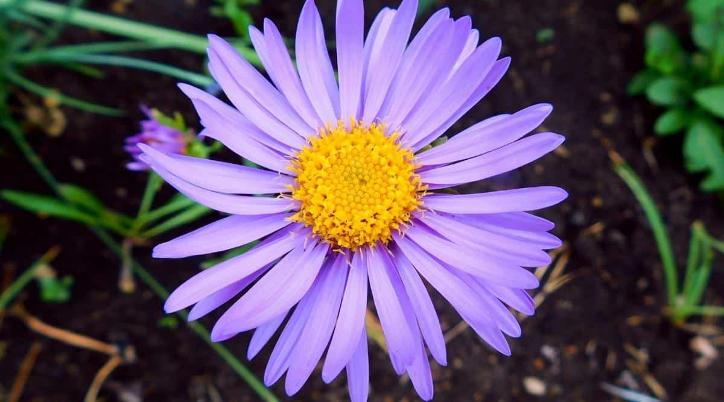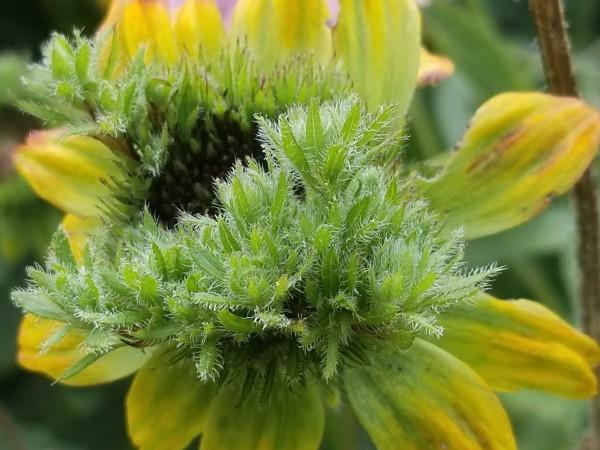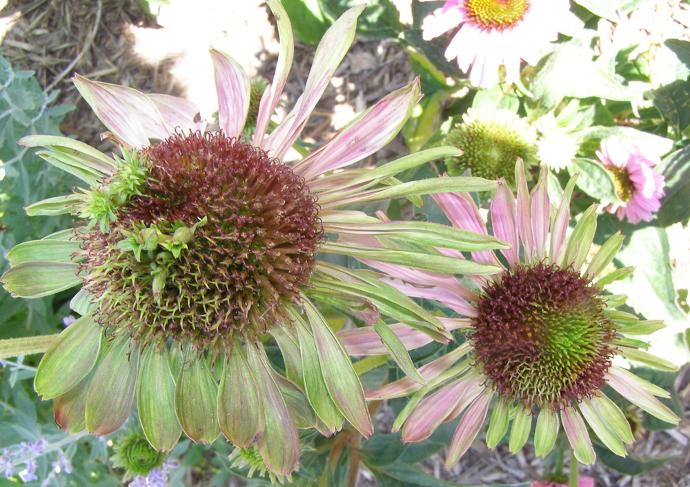Aster Plant
Aster (Symphyotrichum) is a perennial that grows 1-6 ft tall, hardy in USDA Zones 3-8, prefers well-drained, loamy soil, full sun to part shade, medium moisture, is not edible, and has medicinal uses.

Habit
Upright
Height
0.3-1.2 m
Growth
Perennial
Soil
Well-drained, loamy
Shade
Full Sun
Moisture
Moderate
Edible
No
Medicinal
Yes
Origin
Worldwide
Climatic Condition
Temperate
Temperature (°)
15-25°C
Humidity (%)
60-70%
Potting media
Garden soil
Fertilizers
Balanced NPK
Watering
Regular watering; keep soil moist
Plant Weight
500-800 g
Flowering Time
Late Summer to Fall
Soil Ph level
5.5 - 7.5
Water Ph level
6.0 - 7.0
Soil EC
Medium
Yield Per Plant
flower yield -minimum 95.15 grams per plant
NPK ratio
10:10:10
life Span
Perennial
Health Benefits
Ornamental; attracts pollinators; used in traditional medicine.
Suggested Grow Media or Potting Mix ?
40% peat moss, 30% perlite, 30% compost
Suggested Fertigation/Fertilizers
Fertilize every 2 weeks with a balanced, water-soluble fertilizer.
Common Diseases and Remedies
Powdery Mildew, Gray Mould, Leaf Miner, Root Rot
White powdery growth on leaves Gray, fuzzy mold on leaves and flowers Yellowing leaves, sticky residue on leaves White, winding trails on leaves Wilting, yellowing leaves, root discoloration
Neem oil, baking soda spray Improve air circulation, remove affected parts Insecticidal soap, ladybugs Neem oil, spinosad Improve soil drainage, use beneficial soil microbes
Sulfur-based fungicides Iprodione or thiophanate-methyl Insecticides containing imidacloprid Systemic insecticides Fungicides with metalaxyl or mefenoxam
HEALTH BENEFITS
1. Anti-Inflammatory Properties
- Some Aster species contain compounds that may help reduce inflammation, potentially aiding conditions like arthritis.
2. Respiratory Health
- In traditional Chinese medicine, Aster tataricus (also known as "Tatarian Aster") is used to treat coughs, bronchitis, and other respiratory issues.
3. Digestive Support
- Certain Aster species have been used in herbal remedies to aid digestion and relieve stomach discomfort.
4. Immune System Boost
- Some traditional uses suggest that Aster plants may help strengthen the immune system, though more research is needed.
5. Skin Care
- Aster extracts may have antimicrobial properties that could help with wound healing and skin conditions.
6. Calming Effects
- Some herbalists believe Aster has mild sedative properties that can help with stress and anxiety.

